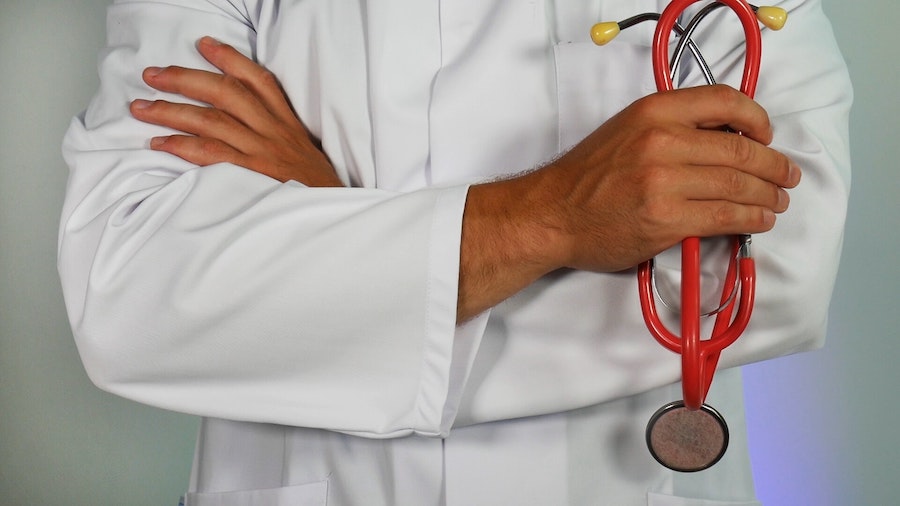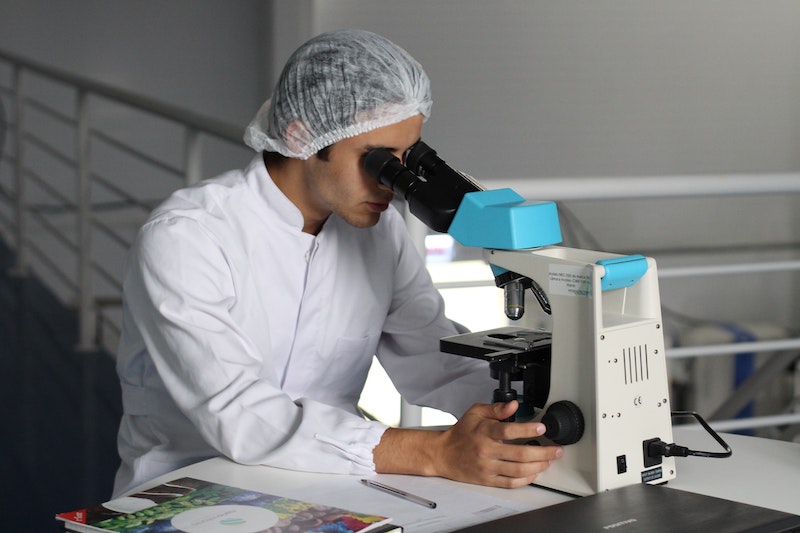As you know, an immigration medical examination is a necessary part of immigration to the United States and obtaining a green card. This is not an easy process that requires some effort and time.

First of all, it is worth noting that some illnesses may prevent an applicant from obtaining a green card. These are diseases that have public health implications. Therefore it is important to know what to expect and how to prepare for your immigration medical exam.
Why do you need an immigration health check?
Medical grounds for inadmissibility, medical screening of foreign nationals, and vaccination of foreign nationals are all designed to protect the health of the population of the United States. The Immigration Medical Examination, Final Medical Examination Report, and Vaccination Record provide information that the United States Citizenship and Immigration Services (USCIS) uses to determine whether a foreign national meets medical eligibility standards.
The main diseases that can make the applicant unacceptable for health reasons:
- Infectious disease of public health importance
- Immigrant Failure to Provide Proof of Necessary Vaccinations
- A physical or mental disorder associated with behavior
- Drug abuse or addiction
The US government does not require a doctor to screen you for any conditions other than those identified by the US Public Health Service for US immigration purposes. Likewise, the government does not require a doctor to prescribe a diagnosis or treatment for you, even if he or she discovers other health problems.
Which doctor to choose for examination?
Please be aware that you will not be able to see your doctor for an immigration health check. The examination must be performed by a physician authorized by the state. In addition, outside of the United States, they will be referred to as “Physicians” at the US Embassy or Consulate. Applicants applying in the US will go to a “civil surgeon”. In both cases, they are doctors who are authorized to carry out your examination.
If you are applying for an immigrant visa through a US embassy or consulate (this is called consular processing), they will provide a list of group doctors who have been certified by the Department of State. Moreover, in most cases, you will have a choice of doctors. But it’s always best to check with your local consulate for the procedure.

When to schedule a medical check-up?
The National Visa Application Center will advise you when it is time to make an appointment. You will need to have a medical check-up and vaccinations prior to your scheduled immigrant visa interview date.
Some status adjustment applicants choose to have an immigration medical examination at a later date. In this case, schedule an inspection shortly after filing an I-485 application. Also, take your results with you to your green card interview.
But keep in mind that when applying in the United States, the results of the examination must be signed by the doctor no later than 60 days before filing Form I-485. However, the results are valid for two years from the date of signing.
What to bring with you to your immigration check-up?
If you are going to be screened outside the United States, the US Embassy will give you specific guidance for your country. However, as a rule, you need to bring the following items for your immigration medical examination:
- A valid passport or other government-issued photo ID.
- Vaccination records
- Form I-693, Medical Examination Report and Vaccination Records (When Status Changes)
- Required fee (depends on the doctor)
- The required number of photographs for a US passport (when applying abroad – check with the consulate)
- Status report and any special education requirements
- Medication List (if you are being treated for a chronic condition or are taking medication on a regular basis)
- A certificate of tuberculosis from your doctor (if you have previously tested positive for tuberculosis) confirming that you have received adequate treatment
- A certificate of clearance signed by a doctor or public health worker confirming that you have received adequate treatment (if you have had syphilis)
In addition, if you have a history of violent behavior resulting in injury to people or animals, information that will allow the doctor to determine if your behavior was related to psychiatric or medical problems, or to drug or alcohol use.
If you have been treated or hospitalized for a mental or mental illness, alcohol or drug abuse, a written statement indicating your diagnosis, duration of treatment, and your prognosis.
What vaccinations are needed?
You must have the following vaccinations before you can receive a green card:
- Mumps, measles, rubella
- Polio
- Tetanus and diphtheria toxoid
- Whooping cough
- Haemophilius influenza type B
- Hepatitis B
- Chickenpox
- Flu
- Pneumococcal pneumonia
- Rotavirus
- Hepatitis A
- Meningococcus
Over time, new vaccinations may be added to the list. However, not everyone needs all vaccinations. USCIS maintains a chart of vaccinations that are considered medically acceptable for age.
If you have already had some or all of your vaccinations, take the vaccination report to your doctor. A certified translation will be required for the report if it is not already in English. If you have not been vaccinated, your doctor will prescribe them. Depending on the type of vaccination, an additional visit may be required. On the recommendation of a physician, he or she can grant specific waivers for vaccinations.

Medical history
The doctor or member of the healthcare team will ask questions about your medical history. The doctor is especially interested in any time you:
- Stayed in the hospital or experienced important events in their medical history;
- Are placed in a medical institution with a chronic physical or mental illness;
- They were so seriously ill that it resulted in “a significant deviation from the normal state of well-being or level of functioning.”
The doctor will also ask specific questions about drug use. Applicants who are found to be drug addicts are not accepted. However, recovering addicts who are in remission are acceptable. Likewise, if the applicant is classified as a drug addict, he or she can reapply for permanent residence if his or her drug abuse or addiction is in remission.
If you have a history of drug abuse, even if it is not on your medical records, consult an immigration attorney before undergoing a green card medical examination.
Physical examination
The doctor will then conduct a physical examination. Usually, a physical exam includes examining your eyes, ears, nose and throat, limbs, heart, lungs, abdomen, lymph nodes, skin, and external genitalia. The doctor will also order a chest x-ray and blood test to check for syphilis. Children are usually exempt from x-rays and blood tests. If you are pregnant, contact your embassy or consulate.
Psychological examination
Your doctor will conduct a mental health exam that will assess your intelligence, thinking, understanding, judgment, affect, mood, and behavior. As a result, candidates with physical or mental disorders and aggressive behavior associated with these disorders are not accepted. Grounds of inadmissibility fall into two subcategories: current physical or mental disorders associated with aggressive behavior.
Immigration medical examination cost
The cost of an immigration medical examination can vary considerably. Firstly, it may depend on the country in which it will be carried out, and secondly, on a specific doctor. That being said, prices can range from $ 100 to $ 400. The US government does not set a standard fee. The cost will depend on the doctor you visit. Therefore, check with several doctors to find out how much each of them charges for an immigration medical examination.
In addition, you may also need to consider indirect costs. In some cases, you may need to travel to the interview city early for a medical examination.
Completion of the medical examination
In conclusion, we note that in some countries, the expert doctor sends the results directly to the US Embassy. However, in other countries, the doctor will give the applicant the results of the medical examination in a sealed envelope and an X-ray, which the applicant must take for an interview.
If your immigration screening is within the United States, the civil surgeon will give you a completed Medical Examination Report and Vaccination Records Form I-693 in a sealed envelope. Do not open the envelope under any circumstances. Submit your physical examination along with your Form I-485, Status Adjustment Application.





